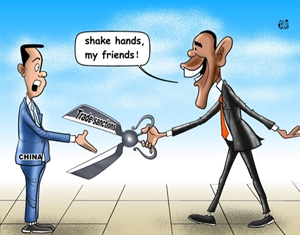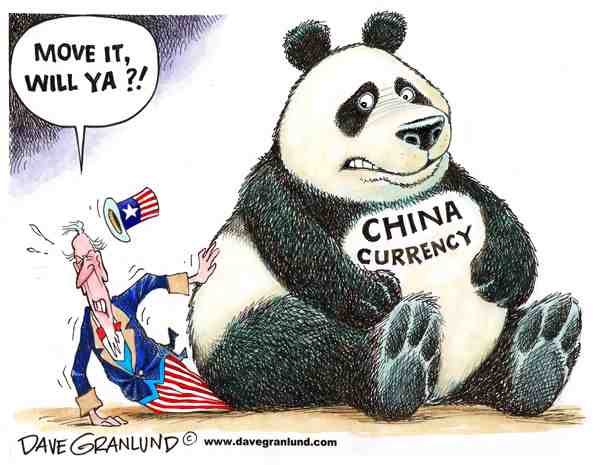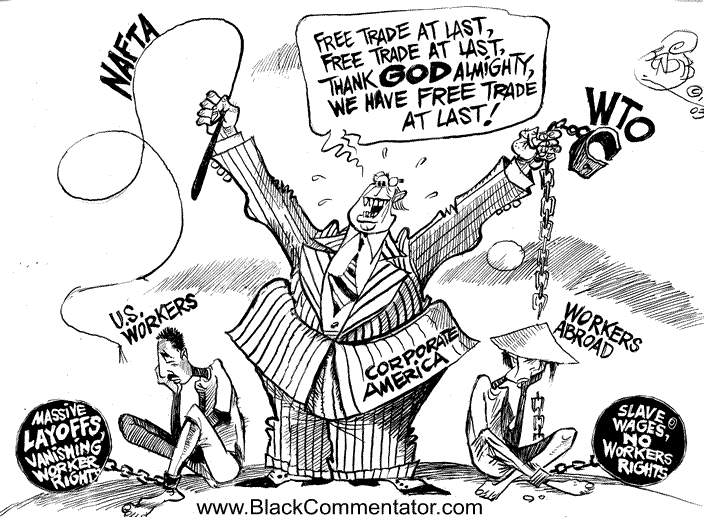"Never thought I'd see a pin like this."
This is probably my third article related to how Japan is losing to Korea, with the latest one written right before my lengthy distraction - yes, I was distracted.
It seems like a large number of Japanese companies admit that they are lagging behind their Korean counterpart, in particular, the Television Industry to which Samsung and LG are currently holding the heavyweight title. To say that the Japanese are completely out of the picture however would be too much of an understatement; they are still somewhere on top with their Advanced Robotics Industry, among other high tech things.
I think the bigger question in this case would be how long can South Korea maintain their position as a top producer and exporter of electronic goods? I recall having this interesting chat with the Assistant Trade Commissioner from Korea based here; we were talking about how Koreans work late and I thought that this could be a factor draining creativity and innovation to which he couldn't agree more. He also questioned Korea's how long can they sustain their top position. Personally, what Koreans have achieved so far can be attributed to their sense in reverse-engineering; for instance, have you tried comparing Samsung's Galaxy series to Apple's iPhone? Notice the similarities? I also question their status as a "developed" country; and wealth generation which does not distribute income equally.
Korea's ability to maintain their top position can be question through the multiple suits launched by both Samsung and Apple against each other (to which I think was overly stupid and childish). Why you ask? Well after the couple settled down, Apple now plans on purchasing memory and microprocessors from Japan and Taiwan, in an attempt to "reduce their dependance on Samsung" to which, is nothing more than a bunch of pure, unadulterated bullshit. It's clear that Apple was butthurt with the entire charade; so their relataliating by swapping suppliers. Now the question is; how would losing a major client such as Apple affect Samsung's overall direction? I'm pretty sure their future direction now is somewhat shaky to the least.
Clearly, only time will tell.


















